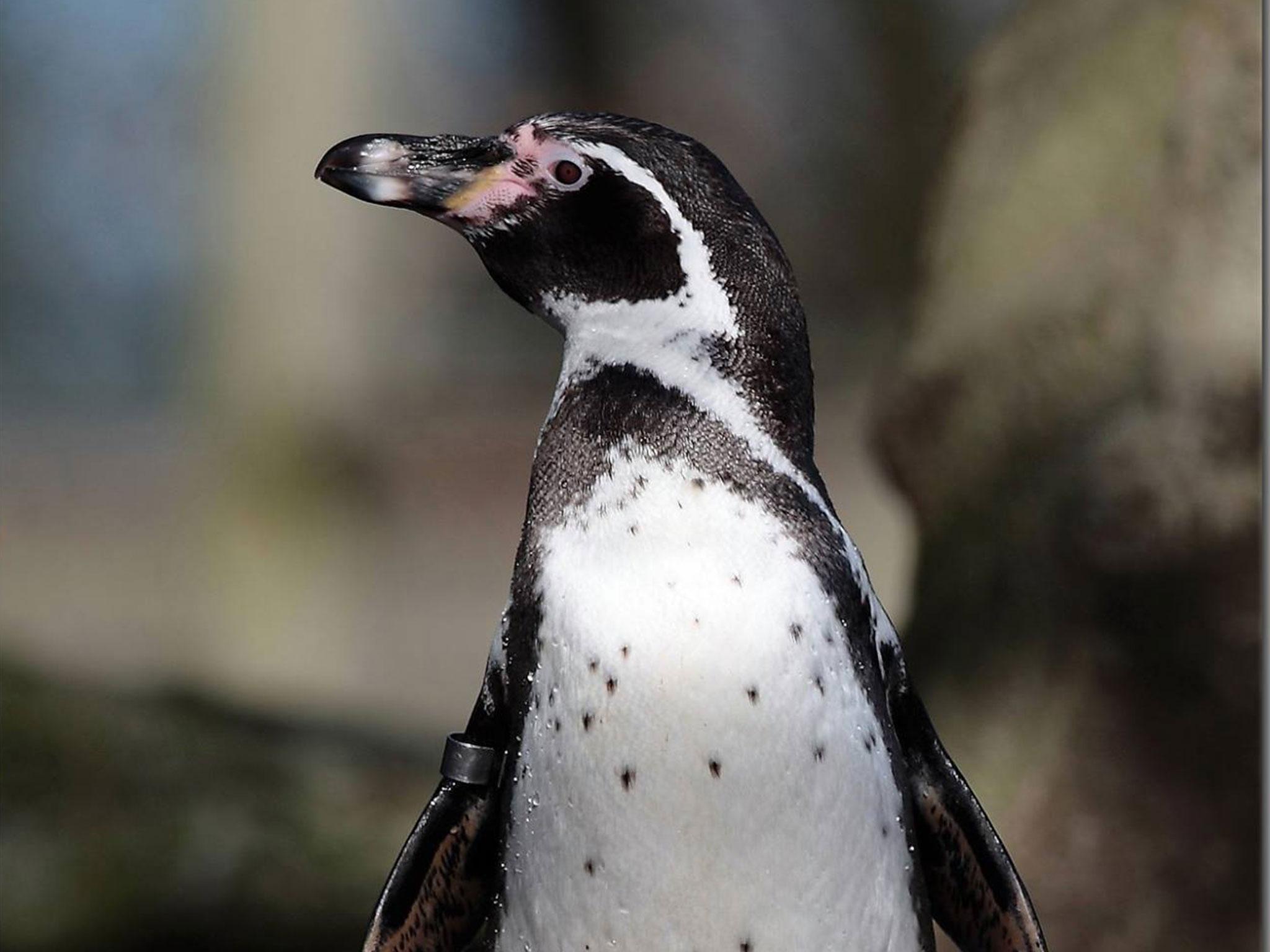Entire colony of penguins die from avian malaria at Exmoor Zoo
Penguins have been part of the zoo since it opened in 1982

Your support helps us to tell the story
From reproductive rights to climate change to Big Tech, The Independent is on the ground when the story is developing. Whether it's investigating the financials of Elon Musk's pro-Trump PAC or producing our latest documentary, 'The A Word', which shines a light on the American women fighting for reproductive rights, we know how important it is to parse out the facts from the messaging.
At such a critical moment in US history, we need reporters on the ground. Your donation allows us to keep sending journalists to speak to both sides of the story.
The Independent is trusted by Americans across the entire political spectrum. And unlike many other quality news outlets, we choose not to lock Americans out of our reporting and analysis with paywalls. We believe quality journalism should be available to everyone, paid for by those who can afford it.
Your support makes all the difference.An entire population of penguins has been wiped out at Exmoor Zoo by a “quick and devastating” outbreak of avian malaria.
All of the zoo’s penguins died over a period of nine days after staff and veterinarians were unable to halt the outbreak. The news comes just days after Longleat Safari Park revealed a “large number” of its Humboldt penguins had died from the disease.
Penguins have been at Exmoor Zoo in Devon since it opened in 1982. The zoo said in a statement that some of the penguins that died in the outbreak two weeks ago had been offspring of the zoo’s original birds, and that many of the staff had cared for the birds since they had hatched.
In a Facebook post the zoo staff stated that they are “devastated” and “trying to get used to them not being here”.
The zoo named the penguins that died from the disease as Buster, Newquay, Ludo, Percy, Lemmy, Truddle, Owlie, Blossom, Friendly and Arthur. It added that the birds are being keenly missed, “especially by those keepers who have given significant years to their care over time”.
The zoo stated that avian malaria can be carried by all wild birds, and while it is not infectious to these birds or to humans, penguins do not live on or near the sea inhabited by the mosquitos or biting midges that carry the disease, and have not had to build an immunity to it as a result.
Danny Reynolds, the Living Collection Manager the zoo, said all the drugs given to the penguins “had no effect,” adding that “it is now known that once the malaria is contracted even the anti-malarial drugs cannot help the infected bird, but the drugs can stop other penguins from contracting the disease”.
“The problem for us was that our penguins were in summer moult, with skin exposed and typically do not feed well or regularly during this natural period of feather replacement which hid the symptoms,” he added.
The zoo is now considering whether or not to replace the penguins.
Join our commenting forum
Join thought-provoking conversations, follow other Independent readers and see their replies
Comments